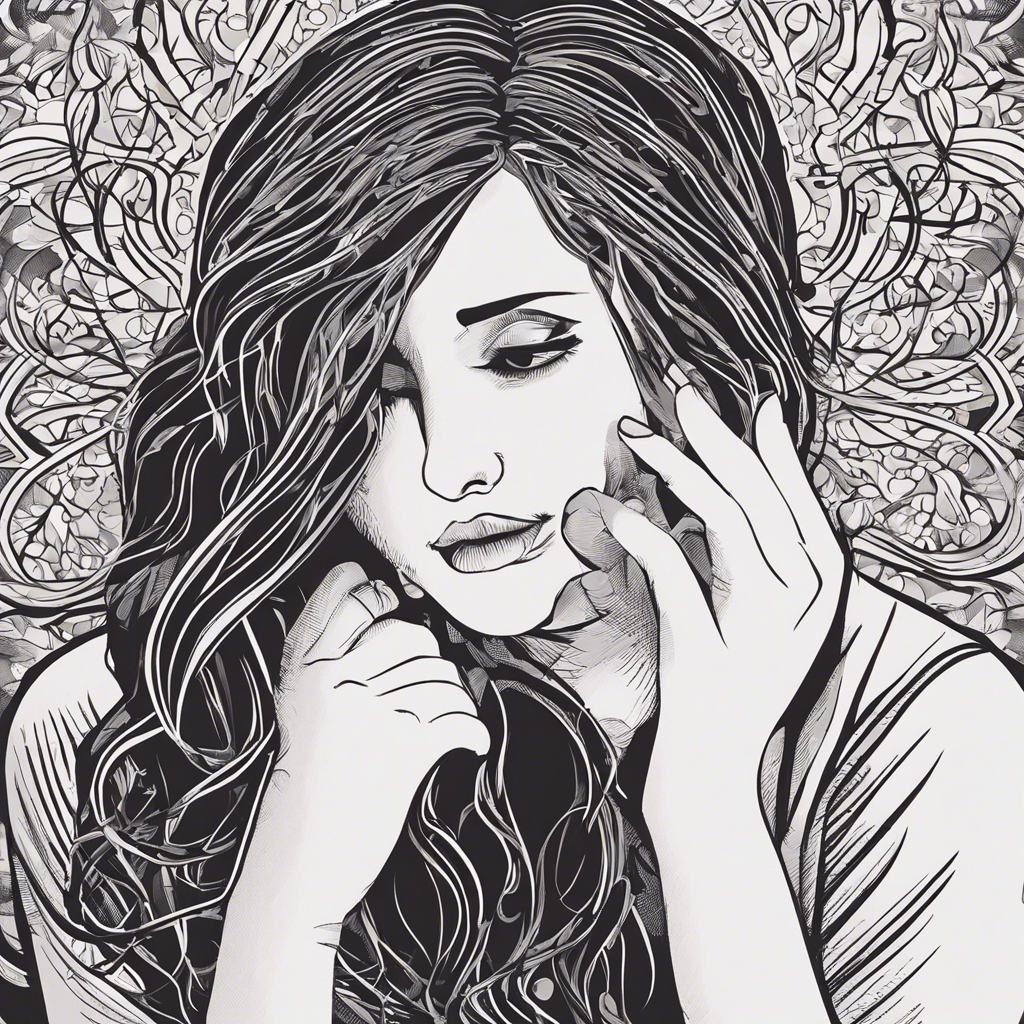Depression is a mental health condition that affects people of all ages, backgrounds, and walks of life. It is a common but serious illness that can impact every aspect of a person’s life, and it is important to recognize the signs and symptoms to seek help. Everyone experiences depression differently, and there is no ‘one-size-fits-all’ description of the condition. However, understanding the common signs and symptoms is a crucial step in managing and overcoming this challenging disorder.
One of the telltale signs of depression is a persistent feeling of sadness or a loss of interest in activities once enjoyed. This can be accompanied by a change in appetite, weight fluctuations, and disrupted sleep patterns. People with depression may also experience feelings of worthlessness or excessive guilt, have difficulty thinking, making decisions, or concentrating on tasks, and may even contemplate or attempt suicide. It is important to note that not everyone experiencing depression will exhibit all of these symptoms, and the severity and frequency of symptoms can vary greatly from person to person.
Another indicator of depression is an increased sense of irritability and restlessness. People may find themselves becoming easily agitated and struggling to manage their emotions effectively. This can lead to difficulties in relationships and social situations, further exacerbating feelings of isolation and sadness. Additionally, depression often distorts one’s perception of reality, making negative thoughts and beliefs about oneself and the world feel utterly convincing and inescapable.
If you or someone you know is exhibiting signs of depression, it is crucial to seek professional help. Many effective treatments are available, and recovery is achievable. Talking to a trusted friend or family member can be a good first step, as they can provide support and help connect you with the right resources. Various therapeutic approaches can help manage depression, including cognitive-behavioral therapy (CBT), interpersonal therapy, and problem-solving therapy. These therapies can provide individuals with the tools and strategies to challenge negative thought patterns and improve their overall well-being.

